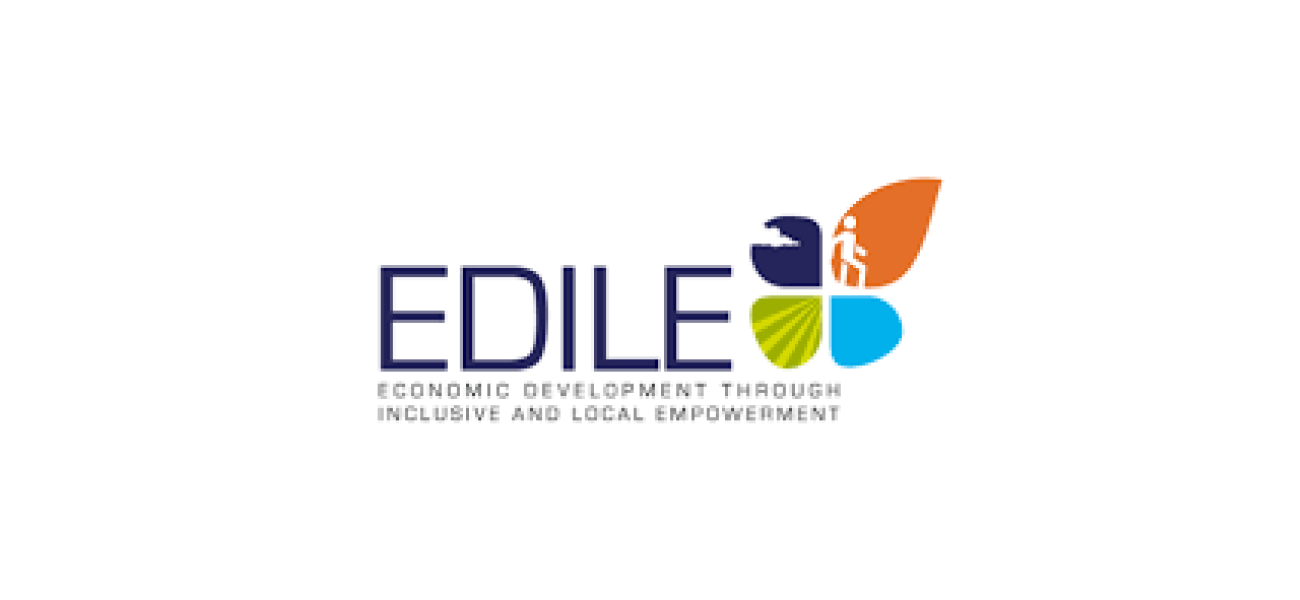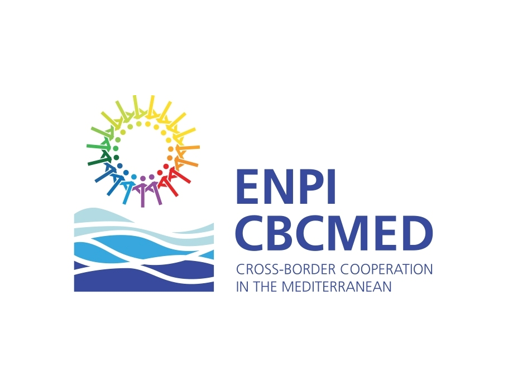.
Project



Description
The EDILE project aims at enhancing the inclusive development of local economies thanks to an improved evaluation of investment projects.
The project provides economic bodies in charge of regulating or implementing investment projects with evaluation tools and guidance able to maximize local economic spillovers such as job creation, subcontracting and environment conservation.


Partners

Lebanon

Palestine

Tunisia

France

Italy

Spain
Strategic Associates

BusinessMed, Ministère du Développement Régional et de la Planification - Tunisia

WWF - Italy

Région PACA - France

Agence des Villes et Territoires Méditerranéens Durables - France

Agence Française de Développement - France

Invest in Greece - Greece

Finances Conseil Méditerranée - France

Caisse des Dépôts et Consignations - France

Beneficiaries
EDILE project targets national bodies (ministries, investment agencies) and local authorities (cities, regions, economic zones, and economic development organizations) in charge of implementing, granting support (financial and technical) or issuing legal authorizations for public or private investment projects.
A broader range of stakeholders also involved in the implementation of investment projects are included in the EDILE scope, such as private actors (companies or business support organizations), financial institutions (banks, investment funds) and the civil society.


Objective and Challenges
From the year 2000 to the recent political uprisings, South Mediterranean countries have been welcoming an increasing inflow of public and private investment projects. However, facts have shown that these projects have often not been as beneficial as expected for local economies, generating limited local economic spillovers and sometimes underestimated negative impacts.
Correlatively, procedures for project evaluation are hardly developed in South Mediterranean countries and public authorities involved in investment regulation lack the necessary tools to proceed to a sound assessment of projects. Yet, evaluation can play a key role in selecting the best public investment projects and in supporting private projects which are the most likely to contribute to the inclusive development of territories. When conducted adequately, evaluation has indeed proven to be an efficient mean to support job creation, local subcontracting, training or environment conservation.
EDILE project will therefore strive to reinforce the capacities of the local and national public authorities in project appraisal and evaluation, thus encouraging a better selection of public investment projects and an effective negotiation to maximize private investment impact.
Action plan
- Production of toolkit for investment project evaluation: a simple and innovative guide
Several international institutions have developed reference tools in terms of project appraisal and evaluation, which will serve as a basis for the development of a more tailored-made EDILE guide. The EDILE guide will indeed be extended to smaller investment projects and adapted to Mediterranean development priorities. It will strive to highlight the mutual interest, for project promoters and investors, to develop projects that are better integrated into the local social and economic fabric.
- Activities:
- Analyses and studies: State of the art of international evaluation practices; Assessment of existing practices and needs in Lebanon, Palestine and Tunisia; Identification of innovative indicators and initiatives for the assessment of project inclusivity.
- Preparation of the EDILE guide: Construction of a referential for project evaluation; Development of implementation tools (templates, methodology, promotion of best practices, training kit, etc.).
- Seminars for the validation and the dissemination of the EDILE guide among project partners and international organizations
- Training and dissemination: a “learning-by-doing” approach
The success of EDILE relies on a proper appropriation by Euro-Mediterranean economic actors, and more specifically by stakeholders located in the three pilot countries, of the referential and evaluation tools produced. To that end, the approach proposed by EDILE is very operational: it is built on a concrete experimentation of the toolkit developed, thanks to the selection and the assessment of existing investment projects, as well as on practical trainings and sharing of experience modules.
- Activities:
- Identification and analysis of 15 pilot investment projects: Collection of data and identification of best practices in terms of project evaluation and local economic spillovers.
- Training workshops (2 per country) on project evaluation tools and procedures.
- Organization of discussion forums between local stakeholders in order to encourage an open dialogue on pilot investment projects selected in each country.
- Regional thematic seminars focused on inclusive development issues (employment, social solidarity economy, environment, etc...).
- Technical assistance missions in the 3 pilot countries to support local actors in the implementation of evaluation procedures and other actions aiming at fostering more inclusive investment projects.
- Dissemination of the EDILE guide and associated tools to relevant national and international organizations in order to promote this initiative in the Mediterranean.
Duration and Budget
Project activities will be deployed over a 24-month period from 17 December 2014 to 16 December 2015. Its total budget is € 1 928 567, 13 and it is financed by the European Union through the European Neighborhood and Partnership Instrument. The ENPI CBC Med Program aims at reinforcing cooperation between the European Union and partner countries regions placed along the shores of the Mediterranean Sea
The contents of this website are the sole responsibility of CCIA-BML and can under no circumstances be regarded as reflecting the position of the European Union or of the Programme’s management structures.
The 2007-2013 ENPI CBC Mediterranean Sea Basin Programme is a multilateral Cross-Border Cooperation initiative funded by the European Neighborhood and Partnership Instrument (ENPI). The Programme objective is to promote the sustainable and harmonious cooperation process at the Mediterranean Basin level by dealing with the common challenges and enhancing its endogenous potential. It finances cooperation projects as a contribution to the economic, social, environmental and cultural development of the Mediterranean region. The following 14 countries participate in the Programme: Cyprus, Egypt, France, Greece, Israel, Italy, Jordan, Lebanon, Malta, Palestinian Authority, Portugal, Spain, Syria, and Tunisia. The Joint Managing Authority (JMA) is the Autonomous Region of Sardinia (Italy). Official Programme languages are Arabic, English and French.
The European Union is made up of 27 Member States who have decided to gradually link together their know-how, resources and destinies. Together, during a period of enlargement of 50 years, they have built a zone of stability, democracy and sustainable development whilst maintaining cultural diversity, tolerance and individual freedoms.
The European Union is committed to sharing its achievements and its values with countries and peoples beyond its borders.
The European Commission is the EU’s executive body.



